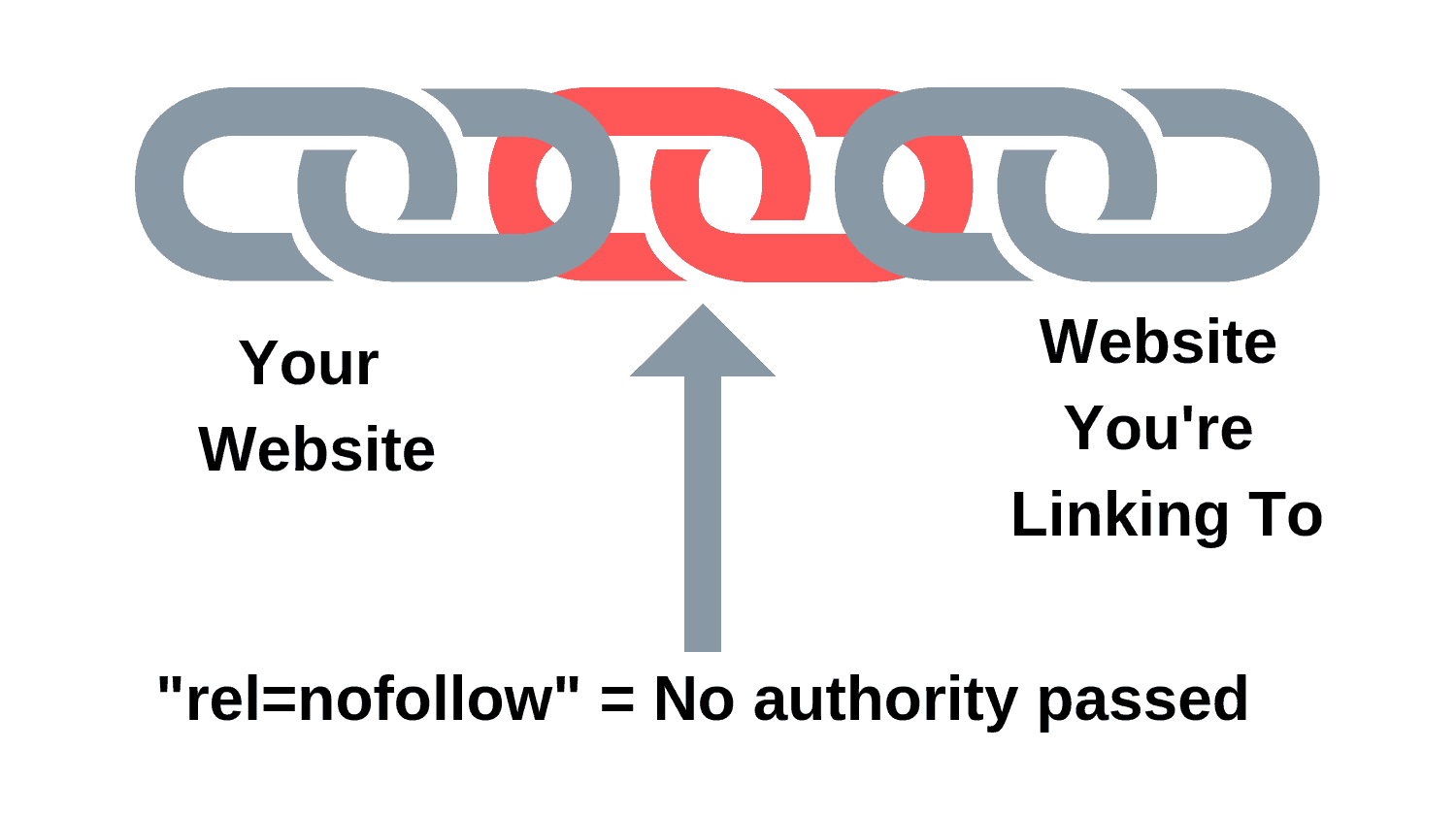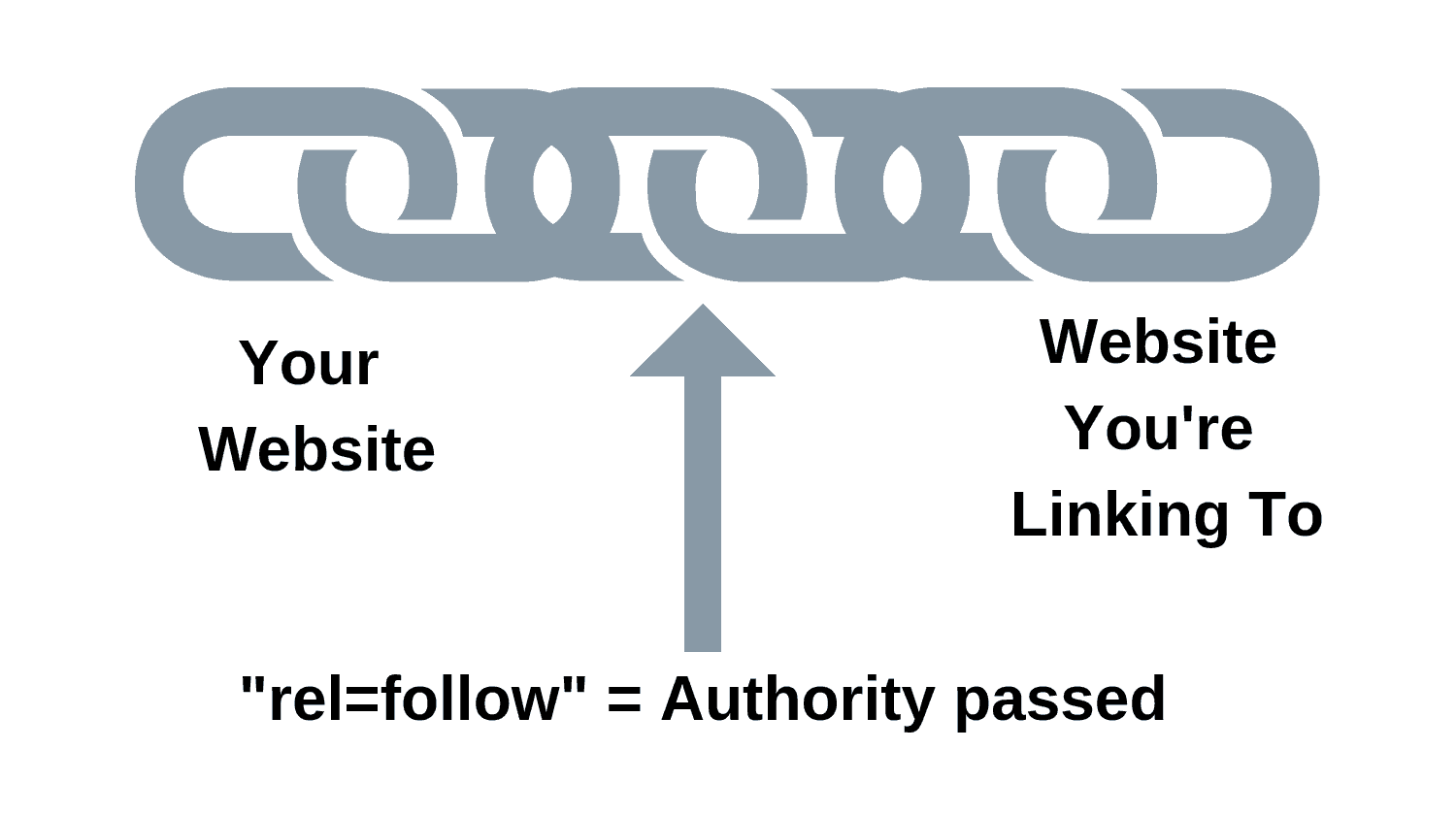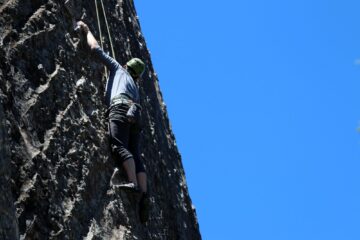There are two primary types of SEO: on-page and off-page. On-page SEO covers everything that you can directly control on your website (title, meta description, header tags, content, images, image optimization, internal links, and schema markup, just to name some of the elements). Off-page covers everything that you do not have direct control over and happens away from your website.
The definition of off-page SEO is any activity that doesn’t happen directly on your website, that is aimed at improving your position in the SERPs (search engine ranking pages) and driving more traffic to your website. Off-page SEO usually covers link building, but it also covers community, social media, and PR.
If you’re curious to test your knowledge (before jumping into the article) try the off-page SEO quiz.
Let’s break each of these areas down into more detail, learn a little more about them, and how we can apply them to our SEO strategies.
Off-Page SEO Technique: Link Building
Link building (links, or backlinks as they are also called), is the acquiring links from other sites that point to content located on your website. Links are one of the top elements in Google’s algorithm and are used to see what websites are trustworthy.
Link building can be can be passive or active. Passive link building is writing good content and waiting for other people to find it and link it. Active link building is conducting outreach to bloggers, influencers, and writers with the goal of getting a link on their site (pointing back to your content).
There are two primary types of links: nofollow and dofollow links. Nofollow links contain instructions in the HTML to any search engine bots that the link is not to be followed (and any authority should not be passed to the site that is the target of the link).

Nofollow links are commonly seen on social platforms or where a site owner is concerned about linking to a website.
Dofollow links contain instructions in the HTML that tell the search engine bots to follow the link, and to pass authority along to the target site.

Dofollow links are the aim of link building efforts, but are not and should never be the only type of links you have. It’s wise to have a variety of nofollow and dofollow links.
The next component of links are the anchor text. The anchor text is the highlighted word or phrase that is usually in another color and underlined. The anchor text is a clue to readers what they will find on the next page (if they click the link) and usually a sign to the search engines what the page is about and what it should be ranked for. You should never have all of your links be exactly the keyword you want the page to rank for in the SERPs. This is an excellent to get a penalty for unnatural link building. It’s better to have diversity in your anchor text.
It is relatively easy to build links. First and foremost, you need good content, either to attract links naturally, or to use for outreach in your link building. Next, you’ll want to identify blogs and websites in your niche. From this list, you’ll want to vet the quality of them, and find their contact information (email or social media information). From here, you’ll want to write an email (or send a message on social media) where you pitch your content and ask for a link. What you want to remember is you want to provide value and not be greedy. Explain in the pitch what you think is in it for their readers or how it would benefit them.
Off-Page SEO Techniques: Community
Community is the collective term for guest posts, social media groups and communities, and forums. Community is helpful for your SEO because not only can it sometimes help you build links, it also helps to generate buzz and exposure about your brand.

A community can be face-to-face, or in a digital space.
Forums are a good place to go to learn more about your niche as well as help others who might be starting out. What you want to remember about forums is that you need to be genuine. People can identify people who are only in it for themselves. You want to be real and give people in the forum genuine, helpful information. When it makes sense, you can link to your content or talk about your services. Remember though to give more than you take.
Social media groups or communities can also be a good place to showcase your knowledge and help others. Usually a quick search in Facebook, LinkedIn, or Reddit can yield a plethora of communities around your niche. Remember, you don’t want to spam the group, because that’s the best way to get kicked out and banned. Communities can also be a good place to meet others in your niche, which may lead to business opportunities, joint ventures, or to content opportunities.
Guest posts are where you send an outreach email to someone that has a blog and ask them if they accept guest posts (or you can look around on the site and see if they have a page about guest posts). The goal of the guest post is that who you’re reaching out to gets free content that they didn’t have to write, and you usually get a link back to your site.
Off-Page SEO Techniques: Social Media
![]()
Social media doesn’t have a direct impact on your SEO efforts, but it can have the added impact of getting people to talk about your brand. While it is not verifiable, there has been research that does show that social signals (likes, shares, favorites, retweets, etc.) does have a positive impact and can improve your SEO.
The first thing you want to do is make sure that your profiles are optimized. You want to ensure that you are linking to the homepage of your site and that you have context in the profile. You want to have a good description, and details filled out. Again, you don’t want to spam, keyword stuff, or manipulate the profile. You want to be genuine and honest.
Next, you want to be sure to be sharing your content through your social profiles. It can be in the form of links of the content, snippets of information, images, etc. Social is a great way to showcase your brand, so make the most of it! Additionally, you want to be a good digital citizen and share content from other people as well.
Lastly, you want to increase your social signals. This can be done by encouraging your audience to like, favorite, comment, and share your content. By doing this, you’ll be getting your content in front of other audiences and increasing your reach. If it happens to help your rankings, great, if not, you are finding new readers and customers, which was the goal to begin with.
Off-Page SEO Techniques: Digital PR

PR is no longer just newspapers. There is a whole new digital world.
Digital PR is fundamentally different, but still related, to traditional PR. Digital PR is about generating buzz in the digital world about your brand and your business. So the question is, how can you get it for your business?
Newsjacking is one common way of generating PR. It involves finding a current event (and when I say current, hours can be the difference in whether it works or not) and writing about it with your own unique spin. Also, it can be helpful if you use the topic that you’re writing about is not just reporting of a news story, everyone will have this. It’s about a unique spin, or viewpoint, that you have.
The other way that you can generate PR is through getting featured in news stories. I can hear the questions though, “how do I get journalists to talk to me”? One word, HARO (Help A Reporter Out). HARO is a service that connects journalists and bloggers with experts. By signing up on the site, you’ll get digests of requests for information from bloggers and journalists who need quotes and insights for stories. Then, it’s just a simple matter of creating a pitch that aligns to the request, and waiting to hear back.
These are just some of the off-page SEO tactics that you can use to boost your rankings and improve your organic traffic. What are some of your favorite off-page SEO techniques? Let me know in the comments below.




0 Comments